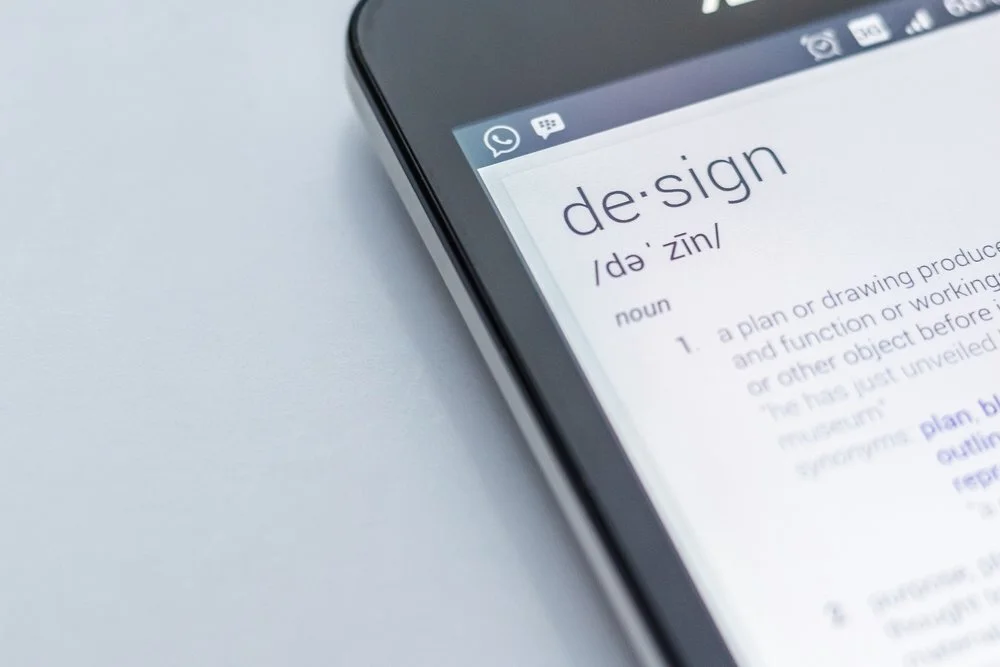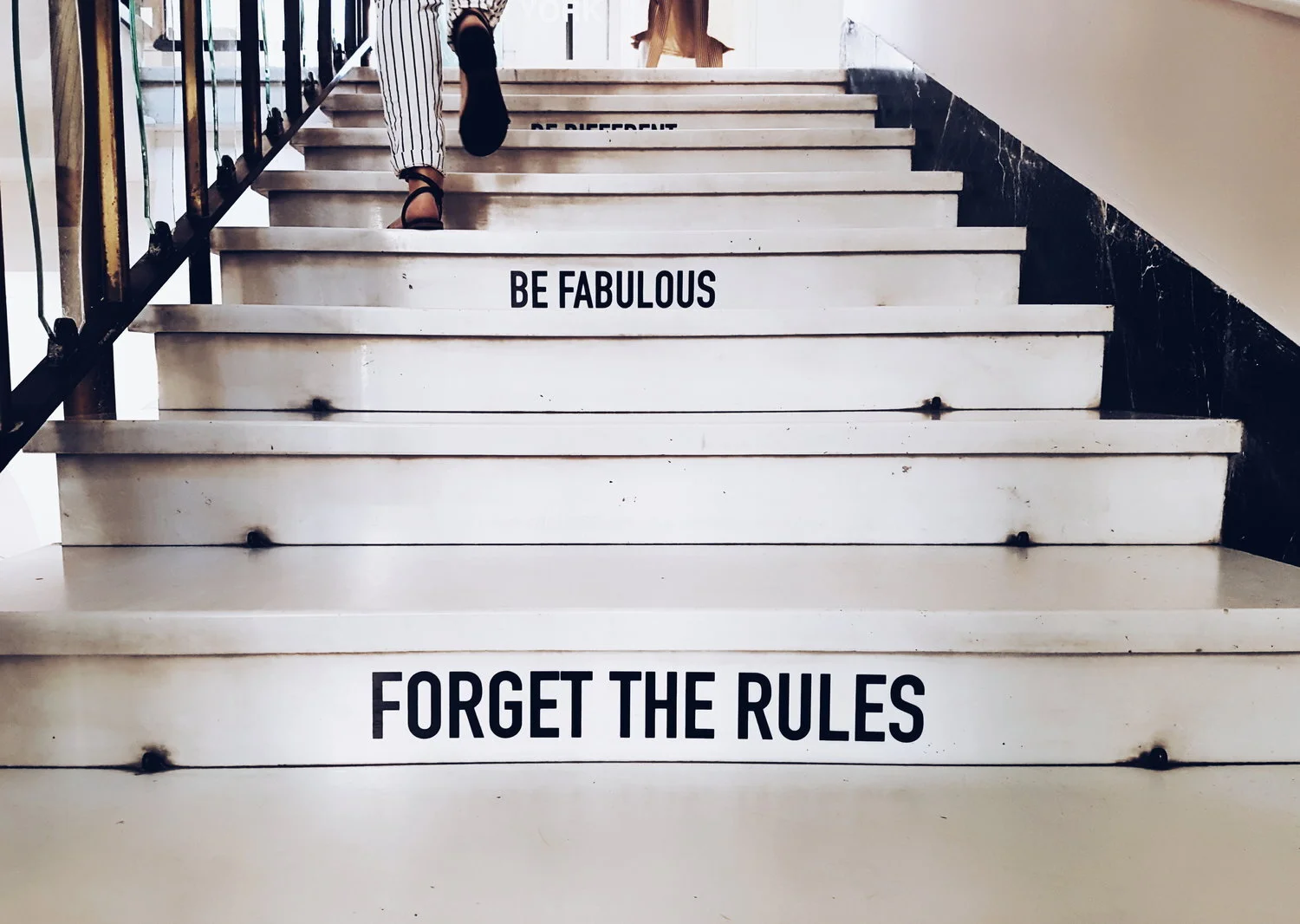“You’re hired,” maybe two of the greatest words ever uttered. These babies mean rising employment rates and new beginnings and additional human resources helping to further your professional dreams. The human resource in this case being the much sought-after web designer.
Entrusting your business’s online presence to a trained professional is an excellent choice. However, before journeying any further, there’s something you must consider: you’re the boss. Like with any other hire, it’s your responsibility to find the right talent to perform the task. Here are 15 questions you should ask a designer before shouting, in boss-like fashion, “you’re hired!”
1. What are your qualifications/professional background?
Your designer will work for you; at least for a time. It’s not unreasonable to seek more information about this person or the company in question. Inquiries regarding past work, training, and experience are all fair game and a good start.
2. How are your services priced?
This may not seem like an important matter upfront, but it’s one that you want to clarify early. The designer probably can’t provide a complete quote at this stage, especially if you haven’t yet articulated all the specifications for your site. This question pertains to how the designer arrives at the total. Does she prefer to work hourly or is the work charged as a flat-fee? Are some items only available a la carte, such as a logo design, or are packages offered? Understanding how the project will be priced will allow you to decide if you’re comfortable with the arrangement and moving forward, and may help you to more knowledgably consider the final quote later.
3. What services do you offer?
The web landscape is changing. While having a professional website is better than not having one, web design is more than just domain names and eye-catching pages. Maybe the designer is qualified to perform analytics once the site has launched or search engine optimization. There may be functions and additions that you’ve not considered. Asking what a designer can do is a great way to discover your options. It can also highlight what services aren’t available.
4. Who owns what?
Once you enlist the assistance of a third party, it’s best to get clear on ownership. If you don’t already own your domain name, who owns it if the designer or company obtains it as part of the web building process? Who maintains possession of any graphics, artwork, content, and the website as a whole once the site is built? What about when your professional relationship ends? It’s best not to assume the answer to these questions and prudent to ask during the vetting stage.
5. What platform will you be using?
Assuming that your designer is constructing a site from scratch, the building medium is key. Are they partial to using a blank slate platform like WordPress or do they favor Squarespace which offers beautiful templates? (If you’re unfamiliar with the latter, see our helpful post, To Squarespace or not to Squarespace?).
The answer to this question will affect everything from costs to curation options.
6. Do you outsource any work?
The answer here is neither good nor bad. It’s just essential that you know who is working on your project. Being informed helps you better assist in the process and it’s good to know what to expect along the way.
7. What are my hosting options?
Hosting is basically where your web files are kept on the net. You may not want to get this technical, but the answer, depending on how much traffic your site experiences, could mean the difference in site speed, SEO, and accessibility. Also, if the designer self-hosts, questions regarding future accessibility can be discussed here.
8. Do you provide content?
Websites need a consistent flow of updated or new content. If you’re interested in having someone else do this for you, your designer may be your solution. Web design and content production go hand in hand and some designers have begun offering this special service. Be sure to ask if this is an option.
9. Will I be able to update my site’s content?
Say your company wins a prestigious award, as it should, and you want to add the accolade to your site right away. Will you be able to access the intended page and update your site yourself or will you need to contact your designer each time? Having the ability to easily add and update content is something you definitely want, and knowing if it’s possible is super important.
10. What kind of clients have you worked with in the past?
Your similarity to past clients may mean a more seamless move from building their websites to creating yours. If your designer is used to working with much larger or far smaller companies, this isn’t an indication that they can’t perform the work, but similar practice makes perfect.
11. Do you have a portfolio or examples of previous work?
Taking a gander at a designer’s portfolio can communicate much more than words. Asking to look at completed sites is a quick and easy way to familiarize yourself with the designer’s capabilities.
12. What is your design process?
Ernest Hemingway, Maya Angelou and Eat, Pray, Love author, Elizabeth Gilbert, all expressed very similar writing processes. These masters having like methods is less the point, but there being a process at all is what matters. How does your designer get from point A to point Z? Is there a plan? As stated earlier, knowing what to expect allows you to better assist in your site’s development and eliminates unnecessary uncertainty.
13. What is your timeline?
Will the site be up and running in 3 weeks or 3 months? Get clear on how much time your designer needs to complete their plan. With this info, you can design a marketing campaign around the launch date or if you’re having an existing site revamped, you’ll have a timeframe for maintenance and testing; either way, you’re in the know.
14. What happens if I need additional work once it’s complete?
Your site is not static. It’s a living, breathing organism that will require changes and maintenance from time to time. You may need future support from your designer and working out the logistics now is certainly the way to go.
15. Can you help me, help you?
Designers are usually pretty busy. Juggling several clients and multiple projects with strict deadlines isn’t unusual. While they essentially work for you, they probably aren’t able to be at your beck and call.
You want to understand their best forms of communication and best times to be contacted. This simply allows them to be as responsive to you as possible while allowing space and time to build an amazing product. Openly and honestly communicate any concerns or needs like you would with any other part of your team. Professional courtesy goes a long way in a situation like this and treating your designer with due respect may result in a better product. Asking questions could certainly aid in you confidently uttering those two special words, “you’re hired,” they may also lead to you hearing the beautiful response, “I happily accept.”
WEB MARKETING CONSULTANTS | GREENSBORO, NC
We're happy to answer all of these questions...and more! Hue & Tone Creative will take the stress out of developing a new website. Check out our design portfolio to see clients we've helped in the past, and then give us a call -- we can't wait to get the conversation started.







